"I proposed a set of concrete practical measures for the revitalization of the 4 March 2023 Joint Statement with aim of restoring process of confidence building and increasing transparency," he said in a post on X after meeting with Iranian Foreign Minister Hossein Amir-Abdollahian and his deputy, Ali Bagheri Kani.
The Joint Statement refers to a declaration issued at the end of Grossi's last visit to Iran in March 2023, where both sides agreed to continue their interactions in "a spirit of collaboration, and in full conformity with the competences of the IAEA and the rights and obligations of the Islamic Republic of Iran, based on the comprehensive Safeguards Agreement".
The IAEA chief had previously claimed that the implementation of the Joint Statement to resolve safeguards issues had been stalled due to lingering disputes between Tehran and the Agency.
The safeguards-related allegations against Iran's nuclear activities have their roots in forged documents provided by the Israeli regime to IAEA officials. Most notably, Israeli prime minister Benjamin Netanyahu alleged five years ago that "uranium traces” had been found at “undeclared nuclear sites” inside Iran. Those claims have since been amplified by the Western media.
Rejecting the allegations, Iran has consistently stressed that no country has unlimited safeguards obligations with the UN nuclear watchdog. However, Tehran has voluntarily agreed to increase verification and monitoring of its nuclear activities by IAEA inspectors.
MNA/IRN




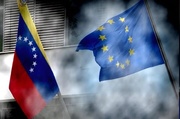
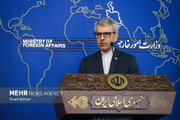

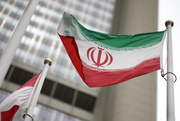





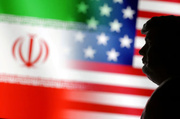
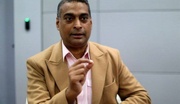
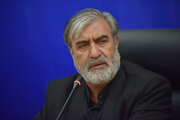
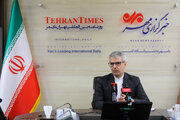


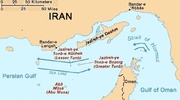



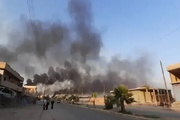

Your Comment